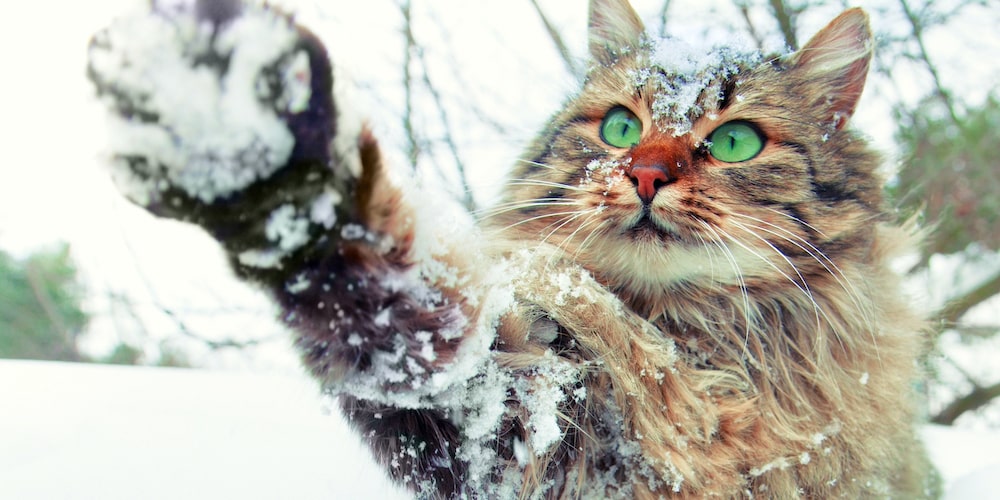Cold Cat Ensure your cat stays warm and happy during winter with these expert tips on creating a cozy environment and recognizing signs of cold discomfort.
I Think My Cat Has a Cold! What Should I Do?
On the off chance that you suspect your feline has a chilly, it’s vital to act immediately. Cold Cats might show side effects like sniffling, hacking, and nasal release. Guarantee your virus feline stays warm and open, offering a lot of liquids and nutritious food.
Screen their way of behaving intently, and assuming side effects endure, look for veterinary consideration. Keeping a virus feline inside, away from drafts, can assist with accelerating their recuperation. Remember, a virus feline requires additional consideration and very much wants to return to its fun-loving self.
Why Your Indoor Cat Needs to Be Vaccinated
Immunizations are critical in any event, for indoor felines to shield them from normal diseases, including colds. A Cold Cat can immediately turn into a wiped-out feline while possibly not appropriately immunized. Immunizations assist with building resistance, lessening the possibility of your virus feline creating extreme side effects.
Ordinary vet visits guarantee your Cold Cat gets important sponsors, holding their health under control. Indeed, even a short open-air experience or connection with different pets can uncover your virus feline to infections. Subsequently, immunizing your virus feline is a proactive move toward shielding their prosperity.
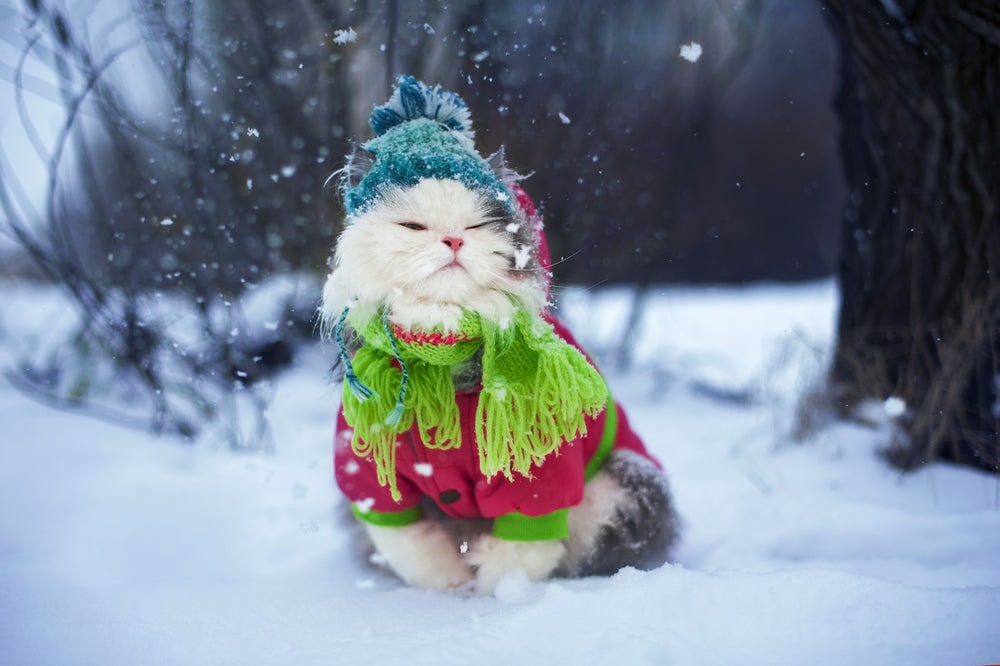
Cats with Hot Ears — Why Warm Ears Happen & When to be Concerned
While warm ears in felines are many times ordinary, they can now and again show a basic issue. On the off chance that your Cold Cat has strangely hot ears, it very well may be an indication of fever or contamination. Screen your virus feline for different side effects like dormancy or absence of hunger. If the glow perseveres, counsel your vet to preclude any difficult circumstances.
Routinely checking your Cold Cat’s ears can assist you with getting potential issues early. Keeping an agreeable climate for your virus feline is fundamental to forestall temperature-related issues. Continuously stay watchful and receptive to your virus feline’s requirements.
Cold Cat – What to Do
While managing a virus feline, the initial step is to keep them warm and agreeable. Offer a comfortable cover and guarantee they stay hydrated. Steam from a humidifier can assist with facilitating your Cold Cat’s clog. Urge your virus feline to eat by offering their number one food source or heating their dinners somewhat.
If side effects deteriorate or get worse, look for veterinary exhortation. Your Cold Cat might require medicine or further treatment. Watching out for your virus feline’s well-being will help them recuperate quicker and forestall complexities.
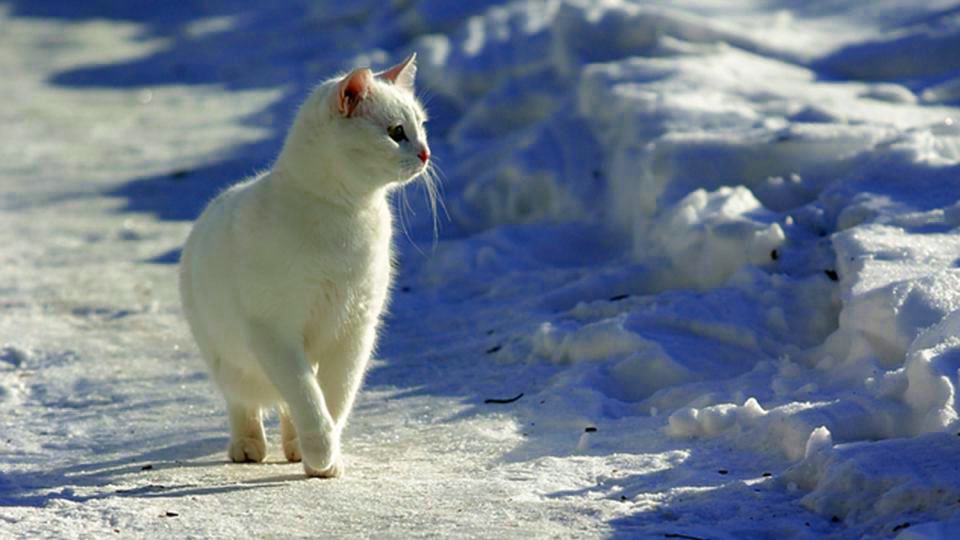
Symptoms of a Cat Cold Can Include the Following:
Normal side effects of a virus feline incorporate sniffling, runny nose, and watery eyes. You could likewise see your virus feline hacking or experiencing issues relaxing. Different signs to look for are diminished craving and laziness.
Assuming your Cold Cat shows any of these side effects, it’s crucial to screen their condition intently. Brief consideration regarding these side effects can keep the cold from declining. Keep your virus feline agreeable and counsel your vet if necessary. Understanding these side effects will assist you with giving the best consideration to your virus feline.
How to Care for Your Sick Cat
Focusing on a debilitated feline, particularly a Cold Cat, requires persistence and consideration. Give a warm, calm space where your virus feline can rest undisturbed. Guarantee they approach new water and urge them to drink.
Delicate, fragrant food sources can tempt a Cold Cat to eat if their craving is low. Utilize a humidifier to assist your virus feline with breathing more straightforwardly. Screen their side effects and look for veterinary counsel on the off chance that there’s no improvement. Your virus feline requires additional adoration and care during this chance to completely recuperate.
Veterinary Care is Important
Veterinary consideration is significant for diagnosing and treating a Cold Cat. A vet can decide whether your virus feline has a basic cold or a more difficult condition. They can endorse prescriptions to assist your virus feline with recuperating quicker. Standard check-ups likewise guarantee your virus feline is cutting-edge on immunizations and preventive considerations
. Make it a point to proficient counsel on the off chance that your Cold Cat’s side effects endure or decline. Early mediation can have a huge effect on your virus feline’s wellbeing. Believing your vet guarantees the best consideration for your virus feline.
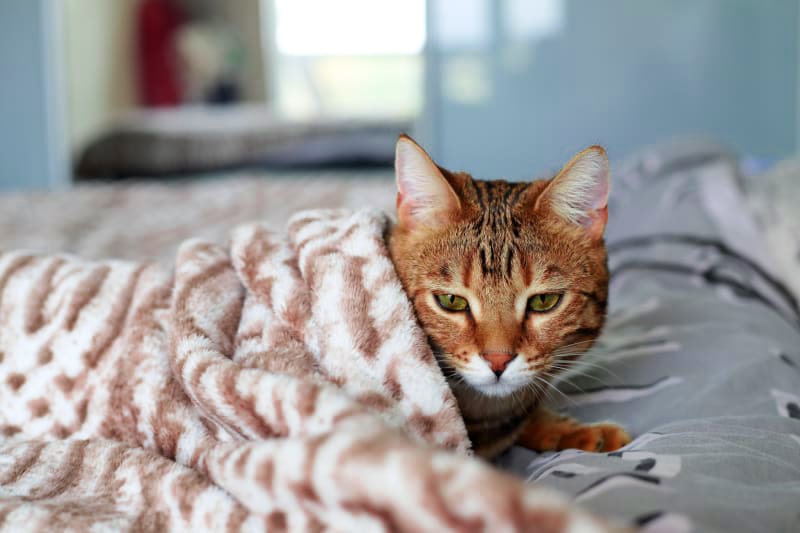
Outdoor Cats in the Winter
Open-air felines face special difficulties in the colder time of year, and guaranteeing their safety is imperative. Give a warm haven to safeguard your virus feline from an unforgiving climate. Check their sanctuary consistently to guarantee it’s dry and protected.
Consistently taking care of your Cold Cat’s unhealthy food assists them with keeping up with their energy levels. Screen your virus feline for indications of frostbite or hypothermia. Protecting an outside cool feline in winter requires additional work and watchfulness. Your virus feline’s prosperity relies upon the consideration you give during these colder months.
Carrying Your Feline with Outside Access Protected Through the Virus Season
Felines with open-air access need unique consideration during the virus season. Guarantee your virus feline has a warm and tie-down spot to withdraw from the virus. Consistently check for indications of uneasiness or disease in your virus feline.
Limit their outside time during outrageous climate to forestall medical problems. Give additional food and water, as your Cold Cat will require more energy to remain warm. Watching out for your virus feline’s wellbeing is fundamental. With the right consideration, your virus feline can securely partake in their open-air experiences even in winter.
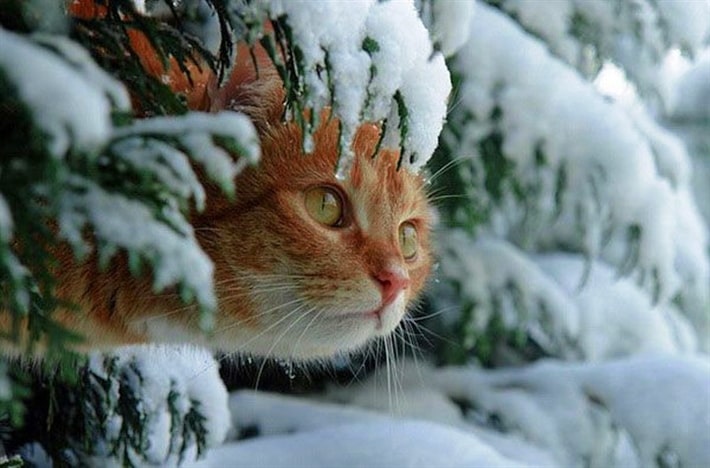
Pets in Winter
Winter can be hard on pets, particularly a virus feline. Guarantee your virus feline stays warm by giving comfortable sheet material and keeping indoor temperatures agreeable. Normal preparation assists a virus feline with keeping a solid coat to avoid the virus. Focus on your virus feline’s way of behaving for any indications of uneasiness.
Hydration is fundamental, so guarantee your virus feline has a lot of new water. Limit outside time and consistently manage your virus feline in a brutal climate. Keeping your virus feline protected and blissful during winter requires some additional work.
10 Realities About Felines
Felines are captivating animals with many amazing attributes. Did you have at least some idea that a virus feline can murmur as a type of self-calming? Felines have a one-of-a-kind capacity to direct their internal heat level, however even a virus feline requires warmth. Another intriguing truth is that a virus feline’s nose can demonstrate their general well-being; a dry, warm nose could mean they’re sickly.
Cold felines frequently search out the hottest spots in your home, showing their normal sense of solace. Despite their free nature, cold felines flourish with human consideration and care. Understanding these realities assists in giving better consideration to your virus feline.
How do you know if a cat is cold?
A virus feline’s limits might feel cooler to the touch than typical, similar to the tips of his ears, tail, or nose. A feline at risk for hypothermia might become drowsy, with expanded understudies or shallow relaxing. Side effects like that might require prompt vet consideration.
What will I do if my cat has a cold?
Warming your feline’s food may likewise help. Add sweeping to your feline’s most loved resting spots to assist with keeping them warm and agreeable. Feline colds regularly start to clear up after only a couple of days. On the off chance that you notice no indications of progress in no less than 4 days, the time has come to carry your feline to the vet.
Do cats get cold in AC?
You probably won’t figure your feline can get cold since he’s fundamentally continuously wearing a fur garment and invests all his energy inside. In any case, felines truly do get crisp (regardless of whether it’s simply from the air conditioner), so it’s essential to know the signs that your feline’s cold and when now is the ideal time to turn up the indoor regulator.
Conclusion
Focusing on a virus feline requires carefulness, warmth, and a proactive way to deal with their wellbeing. Perceiving the indications of a cold and understanding the significance of immunizations can essentially work on your feline’s prosperity. Whether your catlike companion is an indoor friend or partakes in the outside, guaranteeing their solace and well-being during colder months is vital.
By giving legitimate veterinary consideration and a sustaining climate, you can help your virus feline recuperate rapidly and forestall future sicknesses. Keep in mind, that a tiny amount of additional consideration and consideration can make a huge difference in keeping your virus feline cheerful and sound.
Read More

